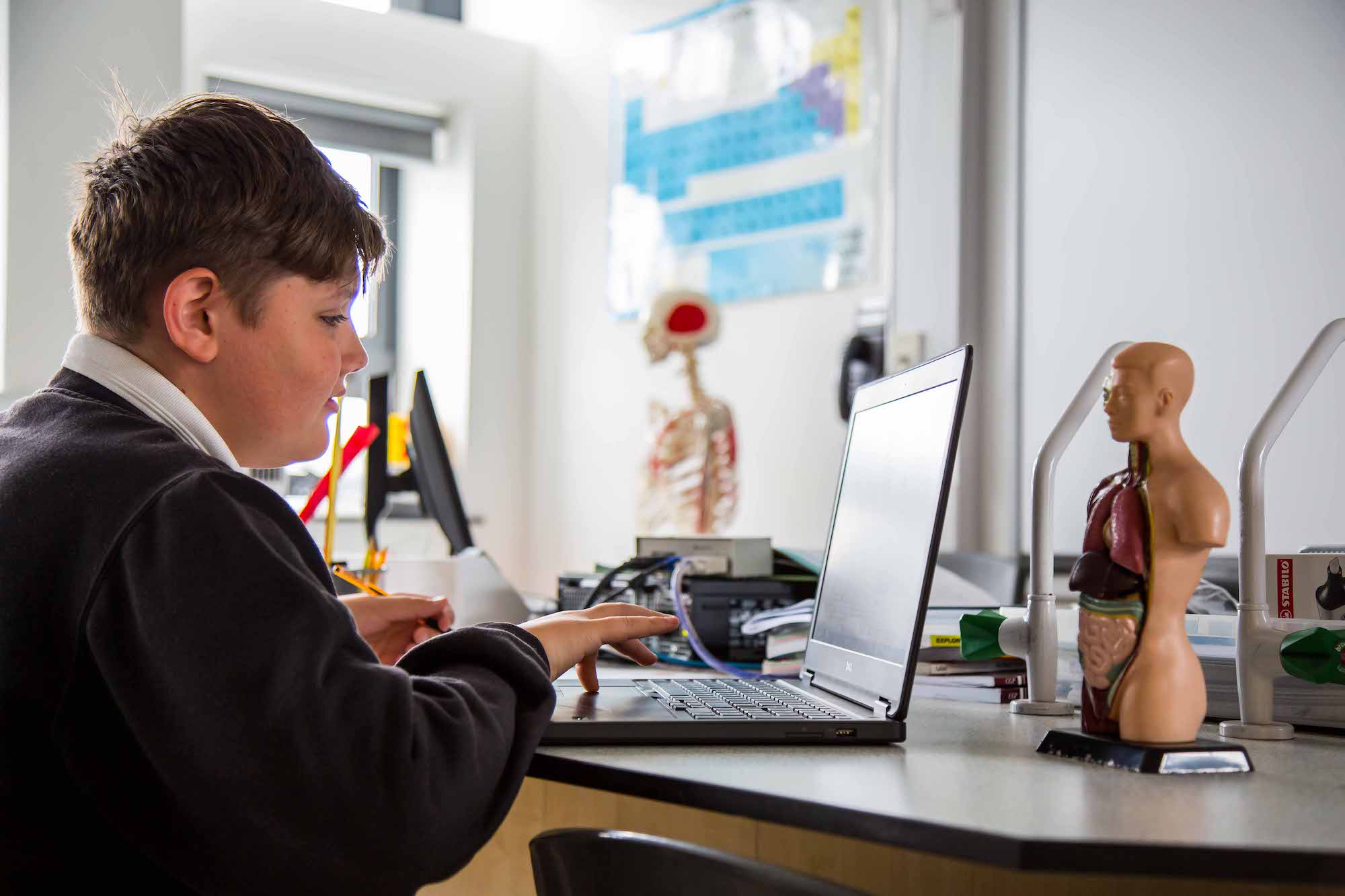- Curriculum Overview
- Subjects
- Options
- Revision & Support
- Independent Learning
- Personal Development
- Exams
- Careers
- Curriculum Overview
- Subjects
- Options
- Revision & Support
- Independent Learning
- Personal Development
- Exams
- Careers
Health & Social Care
The health and social care curriculum provides a fluid and dynamic knowledge-rich environment to help students develop key transferable skills in the growing sector of health and social care. We explore the vast nature of health and social care and the role it plays in the health, well-being and care of individuals across all age ranges and research the science and real-life application underpinning it.
The qualification will provide learners with essential knowledge, transferable skills and tools to improve their learning in other subjects with the aim of enhancing their employability when they leave education, contribution to their personal development and future economic well-being.
• Skills and processes, such as interpreting data to assess an individual’s health, and designing a plan to improve their health and wellbeing.
• Attitudes, namely the care values that are vitally important in the sector, and the opportunity to practise applying them.
• Knowledge that underpins the effective use of skills, processes and attitudes, including human growth and development, health and social care services, and factors affecting people’s health and wellbeing.
Essential values of care for use with individuals in care settings
This mandatory unit focuses on the rights of individuals and will instil the values of care to be used when working in a health and social care or early years environment.
Communicating and working with individuals in health, social care and early years settings
This unit will provide learners with the underpinning knowledge and understanding, of how to communicate effectively and what personal qualities will contribute to the creation of a caring environment, when working with individuals in a health and social care of early years setting.
Understanding life stages
This unit will provide the learner with an insight into our passage through life, that it does not always run smoothly or to a set pattern. The unit will also allow learners to investigate the main processes that will occur with each life stage, develop awareness and understanding of key events, the effects these have on life and the support available.
Using basic first aid procedures
This unit will provide learners with a knowledge and understanding of basic common first aid procedures that could be used within health and social care settings. Understanding and applying basic first aid procedures could potentially save lives. On completion of this unit, learners will be able to assess the scene of an accident in health, social care and early years settings for risks and continuing dangers.
PLEASE NOTE: This is the curriculum plan for the 2-yearly entry option with 3 hours per week. The 3 year course follows the same sequence but with 2 hours per week across 3 years.
Year 9
- Unit RO22 - Communicating and Working with Individuals in Health, Social Care and Early Years Settings (Coursework) - How to communicate effectively; personal qualities that contribute to effective health; communicating effectively within a health, social care and early years setting
- Unit RO25 - Understanding Life Stages (Coursework) - Stages of development from young people to adulthood; the ageing process in older adulthood; medical conditions which affect progress through the life stages; creating support plans
Year 10
- Unit RO21 - Essentail Values of Care for Use with Individuals in Care Settings (Examination) - Supporting individuals to maintain their rights; the importance of the values of care and how they are applied; how legislation impacts on care settings; how personal hygiene, safety and security measures protect individuals
- Unit RO31 - Using Basic First Aid Procedures (Coursework) - Assessing scenes of accidents to identify risks and continuing dangers; first aid procedures for a range of injuries; applying basic first aid procedures

